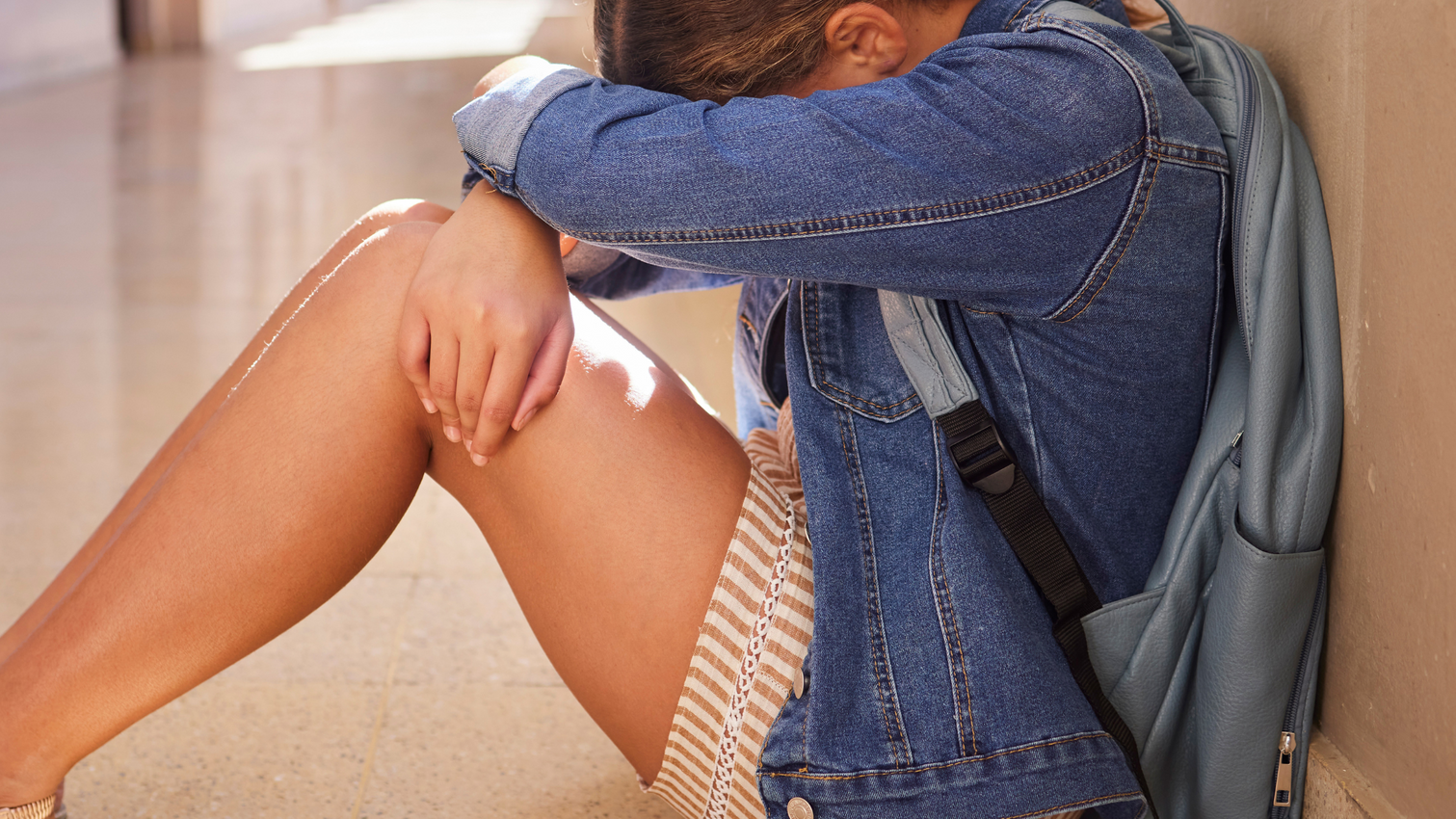Youth stress and anxiety have been significant concerns in recent years, influenced by various societal, cultural, and technological factors. Young people between the ages of 12 to 17 years old have reported persistent feelings of sadness and hopelessness - CDC estimates 36.7% of them feel this way, while 15.1% experience a major depressive episode. With over 5.8 million diagnosed with anxiety and about 2.7 million with depression, it is important to address the problem and understand where the stress among the youth is coming from. In today's day and age, a youth could face several pressures in the following aspects:
Social Media Influence: Social media plays a substantial role in shaping the lives of young people, often leading to comparisons, fear of missing out (FOMO), and cyberbullying. The curated and idealized versions of life presented on platforms like Instagram and TikTok can create unrealistic standards and contribute to feelings of inadequacy.
Academic Pressure: The pressure to excel academically, whether from parents, teachers, or society at large, can be overwhelming for many young people. High-stakes testing, competitive college admissions processes, and the perception that future success hinges on academic performance can lead to stress and anxiety.
Financial Concerns: Economic instability and the rising cost of education can weigh heavily on young people, especially as they transition into adulthood. Student loan debt, the uncertainty of finding stable employment, and the cost of living expenses can contribute to financial stress and anxiety.
Mental Health Stigma: While there has been progress in reducing the stigma surrounding mental health issues, many young people still hesitate to seek help due to fear of judgment or discrimination. This can exacerbate feelings of isolation and prevent individuals from accessing the support they need to cope with stress and anxiety.
When it comes to addressing mental health concerns in youth, psychotherapy can be helpful, but it's important to recognize that mental well-being is influenced by various factors. These factors can be biological, psychological, social, and environmental. Offering a range of options beyond psychotherapy can improve the effectiveness of mental health care for young people. It's important to remember that not all youth will find psychotherapy accessible or effective. By providing different options, individuals can find a treatment that fits their specific needs and preferences.
Exploring the Benefits of Massage Therapy
Massage therapy can be particularly effective in combating stress among youth by addressing various physiological mechanisms contributing to stress and tension. Studies have shown how one month of daily 20-minute massages has increased dopamine levels among youth with eating disorders and depression. Here are some ways how massage works to combat stress physiologically for young people:
Reduction of Stress Hormones: Massage has been shown to decrease levels of stress hormones such as cortisol and adrenaline in the body. Cortisol is a hormone released in response to stress, and elevated levels can contribute to feelings of anxiety and tension. By reducing cortisol levels, massage helps to counteract the physiological effects of stress and induce relaxation in young people.
Activation of the Parasympathetic Nervous System: Massage stimulates the parasympathetic nervous system, which promotes relaxation and restores the body to a state of balance after periods of stress or activity. This activation decreases heart rate, blood pressure, and respiration rate, creating a sense of calm and well-being in youth.
Release of Endorphins: Massage triggers the release of endorphins, neurotransmitters acting as natural painkillers and mood enhancers. Endorphins promote feelings of pleasure and reduce pain perception, contributing to the relaxation and stress relief experienced during and after a massage session for young people.
Improvement in Blood Circulation: Massage techniques such as kneading, stroking, and compression help to improve blood circulation throughout the body. Enhanced circulation delivers oxygen and nutrients to the muscles and tissues while removing metabolic waste products, reducing muscle tension and promoting relaxation in youth.
Reduction of Muscle Tension: Many youths experience muscle tension and tightness due to stress, anxiety, or physical activity. Massage helps to relax tense muscles by applying pressure, kneading, and stretching techniques, which can release built-up tension and promote a sense of ease and comfort.
Enhanced Immune Function: Chronic stress can weaken the immune system, making individuals more susceptible to illness and infection. Massage has been shown to support immune function by reducing stress hormones and promoting relaxation, which can help young people maintain a healthy immune response and overall well-being.
Improvement in Mood: Massage therapy has positive effects on mood regulation and emotional well-being in youth. By promoting the release of endorphins and reducing levels of stress hormones, massage can help alleviate feelings of anxiety, depression, and irritability, leading to improved mood and a greater sense of happiness and contentment.
Promotion of Sleep Quality: Stress and anxiety can disrupt sleep patterns and lead to difficulty falling or staying asleep. Massage therapy can help improve sleep quality by inducing relaxation, reducing muscle tension, and promoting feelings of calmness, which can contribute to a more restful and rejuvenating sleep experience for youth.
Meditation and Yoga as Complementary Practices
Mindfulness and meditation techniques can help young people cultivate present-moment awareness, reduce racing thoughts, and promote relaxation. Simple practices like deep breathing exercises, body scans, and mindful walking can be incorporated into daily routines to manage stress.
Engaging in regular physical activity, such as walking, jogging, yoga, or dancing, can help reduce stress levels by releasing endorphins, improving mood, and promoting overall well-being. Encouraging self-care practices such as taking breaks, engaging in hobbies, practicing relaxation techniques, and setting boundaries can help young people recharge and manage stress more effectively.



